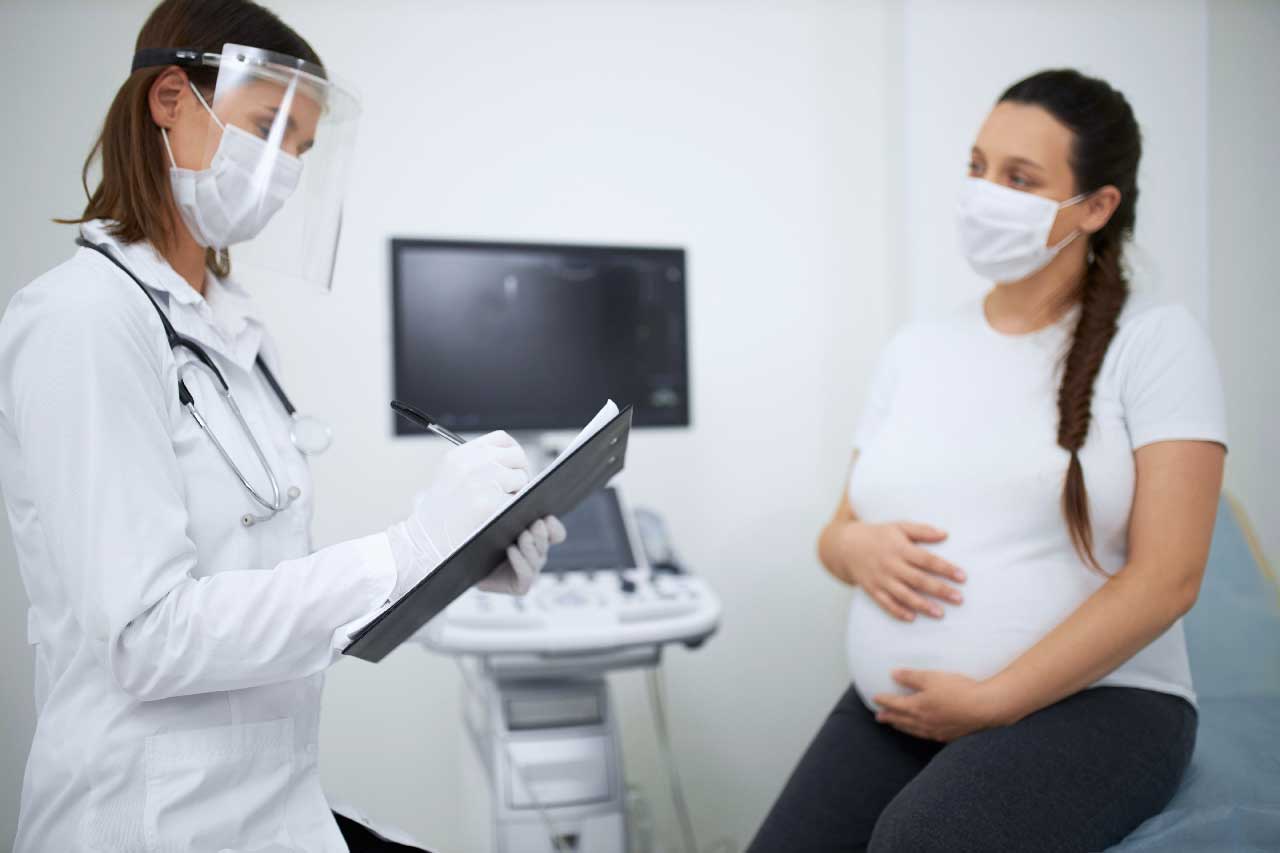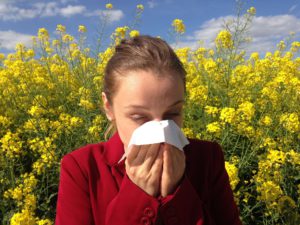COVID-19 vaccinations were well-received by women who are pregnant, nursing, or planning to be pregnant. This is based on research conducted by the University of Washington School of Medicine. The amount of evidence supporting the efficacy and safety of COVID-19 vaccination during pregnancy is increasing.
This recommendation was also supported by the Centers for Disease and Control Prevention (CDC), the Advisory Committee on Immunization Practices, the American College of Obstetricians and Gynecologists (ACOG), as well as the Society for Maternal-Fetal Medicine (SMFM).
Most of the respondents (62%) received the Pfizer vaccination, and the majority of them lived in the United States. After the shot, respondents experienced similar side effects as non-pregnant individuals who got vaccinated with the same vaccine.
Are COVID-19 vaccines safe for pregnant and lactating women?
According to the CDC, pregnant women are a high-risk category for severe COVID-19 sickness compared to non-pregnant people. Pregnant women, as well as their partners and physicians, should fully agree that they can get vaccinated against COVID-19.
The study, conducted by medical researchers, on pregnant animals shows that the benefits outweigh the possible risk of vaccination during pregnancy. Here are some of the findings according to the CDC:
- No risk found in pregnant animals. Animal experts and researchers injected the Pfizer-BioNTech, Moderna, and Johnson Johnson (Janssen) vaccines on selected pregnant animals. They found that both the carriers and their babies did not establish any safety concern.
- No negative pregnancy-related reaction in early medical trials with the same vaccine. Pregnant women who received J&J vaccines in all trimesters of pregnancy did not experience adverse reactions. Also, the clinical trials conducted showed that there was no negative impact affecting the baby.
- COVID-19 vaccinations will not infect anyone, particularly pregnant women and their unborn children. Since none of the COVID-19 doses contain the actual causative agent COVID-19, the vaccine cannot make any recipient sick with COVID-19.
- Early research shows that mRNA COVID-19 vaccines during pregnancy is safe. These initial findings found no safety risks for vaccinated pregnant women or their children.
- Early evidence suggests that getting an mRNA COVID-19 vaccine while pregnant lowers the risk of infection. An Israeli study compared pregnant women who got an mRNA COVID-19 vaccine to those who didn’t. Vaccination reduced the chance of infection with the virus that causes COVID-19, according to researchers.
- Vaccination of pregnant women produces antibodies that may protect their unborn child. Pregnant women who get vaccinated during pregnancy will develop antibodies in the same way that non-pregnant women do.
Antibodies were discovered in umbilical cord blood after a pregnant woman received an mRNA COVID-19 vaccination. As a result, the COVID-19 vaccine during pregnancy may help prevent newborns from COVID-19 infection. More research is needed to see how these antibodies might be able to protect the newborn.
Factors that can Increase Risks of Severe COVID-19
For women who are pregnant, getting vaccinated against the coronavirus is vital. As mentioned by CDC, pregnant women are more susceptible to experience severe COVID-19 illness. Here are some of the findings of how severe COVID-19 can be for pregnant women:
- Pregnant women with COVID-19 have a higher risk of hospitalization, mechanical breathing and ventilator assistance, and death.
- The risk of severe COVID-19 is increased by comorbidities (health problems that may contribute to death). Pregnancy is considered to be at the same level of comorbidity.
- In comparison to the general population, lactating mothers are not thought to be at a higher risk of serious sickness.
Only 23% of pregnant women in the United States were vaccinated as of the end of July, according to the CDC. If you are pregnant or breastfeeding, always consult your gynecologist or general physician about any concerns that you may have. Make sure to get their advice if you are eligible to receive the COVID-19 vaccine or not. Whether you are vaccinated or not, it is important to observe health protocols especially when outdoors.










